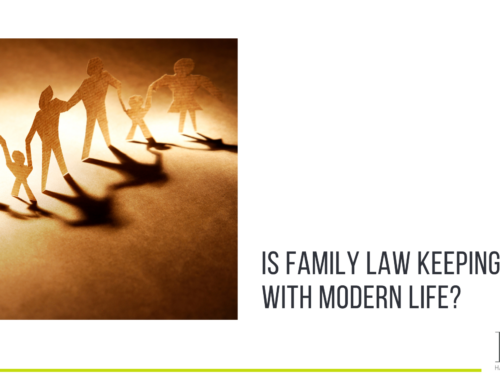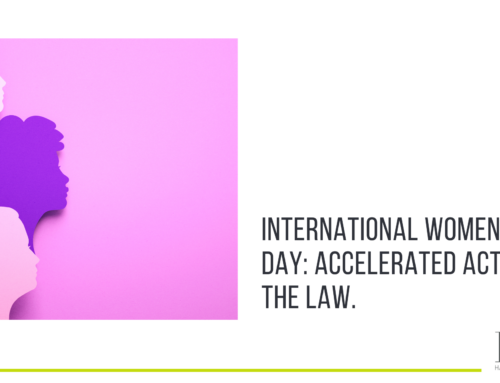As Justice secretary Dominic Raab continues his campaign to prevent up to half of family law cases reaching the courts, the issue of mediation remains firmly under the spotlight. With many courts across the UK dealing with a backlog of cases (a problem exacerbated by the Covid-19 pandemic), the discussion of making mediation the default for family matters has been reignited.
It’s a bold idea. But whilst mediation certainly has a place, it’s not necessarily the right solution across the board. Read on to learn more.
The family mediation voucher scheme
The family mediation voucher scheme was introduced by the government in June of last year. With an initial investment of £1 million, there have been further injections of cash along the way, including £800,000 and £1.2 million in August 2021 and January 2022 respectively.
Under the scheme, separating families who are eligible receive £500 towards their mediation costs, giving them the chance to resolve any issues relating to their children without going to court. It’s been a great success, with President of the Family Division, Andrew McFarane, reporting that more than three quarters of cases eligible for the scheme have been resolved outside court.
Despite this, some government officials believe this to be a short-term solution and not enough to solve the problem in its entirety.
Mediation as a default for family law cases?
Whilst nothing has been set in stone ‘sources close to’ Dominic Raab have suggested that he’d like to see mediation become the default solution for all family matters. There’s even been a discussion around financial penalties for those parents considered to be using the courts time unnecessarily.
But whilst mediation certainly comes with benefits, it’s not the answer to everything.
For many, the voluntary nature of family mediation is one of its biggest strengths. It gives participants a sense of autonomy. Their decisions are their own and they’re reassured by the fact that if it’s not working for them, they’re not forced to ‘stick with it’.
Mediation isn’t perfect, and it’s suitability should be judged on a case by case basis. Sometimes, it can cause distress, as well as further delay and costs. Particularly in cases that involve a narcissistic spouse or coercive control. Ultimately, there’s no getting away from the fact that in some instances, the intervention of a judge is the most fair and efficient way of resolving the issues involved.
Having early intervention from a solicitor helps
When it comes to separation and divorce, the smartest first step is to seek independent legal advice sooner rather than later. All too often, instructing a solicitor is seen as a hostile move, when in fact it’s quite the opposite.
Instructing a solicitor, even to seek initial advice, can often help clients decide on the best way forward for them. In actual fact, a solicitor is ideally placed to encourage and support mediation for those cases for which it’s appropriate. In addition, early legal advice can pinpoint the issues of contention, manage expectations and keep the proverbial ball rolling in the most productive way.
Perhaps the most important consideration is the fact that any agreement reached during mediation isn’t legally binding. It’s always advisable to take independent legal advice about what’s been agreed and whether that’s a suitable outcome. Not to mention the need to have the provisions cemented in a court order once they’re agreed.
At Harrogate Family Law, we always do our level best to keep cases out of court where possible. However, ensuring that our clients achieve a fair outcome and feel comfortable and safe during their divorce or separation is also a top priority.
To work with a law firm that supports you every step of the way, put Harrogate Family Law in your corner. Call us today to find out more about working with us.






